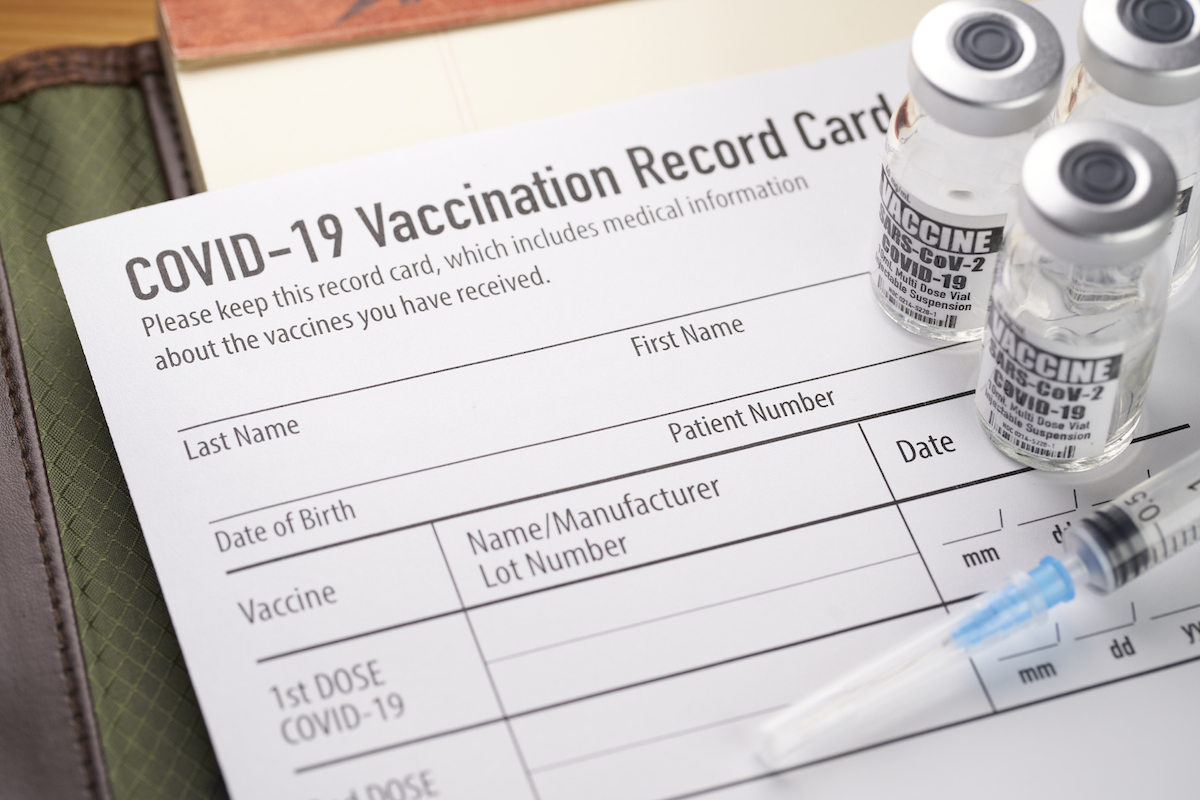<< Back
South African Variant Touches State, 7 More COVID-19 Variants Found in U.S.

February 15, 2021
With the first case of a Connecticut resident with the South African variant confirmed Feb. 15 and seven new mutations identified across the country, can the COVID-19 vaccine keep up with the rapidly evolving virus?
Because currently available vaccines appear less effective against the South Africa variant than they are against the original strain or the United Kingdom variant, according to Dr. Anthony Fauci, the vaccine technology must prove as adaptive as the virus.
The Connecticut patient, who remains hospitalized out of state, is a Fairfield County resident between 60 and 70 years old who had not traveled recently. New York also has a confirmed case of the New York variant. Now, with seven previously undiscovered, possibly more contagious variants detected in the United States — and likely originating domestically — according to a study published Feb. 14 in by MedRxiv, the attention shifts to tweaking vaccines from Pfizer BioNTech and Moderna that use messenger RNA, or mRNA, technology.
“They know the genetic code for the South African variant and the manufacturers of the mRNA vaccines are working on tweaking the vaccine, maybe making a booster dose,” says Dr. Virginia Bieluch, Chief of the Division of Infectious Diseases at The Hospital of Central Connecticut.
The COVID-19 vaccines, the first to use mRNA technology, direct our body’s cells to create a non-infectious form of the spike protein associated with the virus. When the immune system identifies these harmless versions of the spike protein, it creates antibodies to reject the virus. Once vaccinated, if you’re exposed to the actual COVID-19 virus your body’s immune system is prepared to fight.
Because mRNA technology is based on the virus’ genome sequence, vaccines can be developed, adjusted and manufactured faster than previous vaccines. Moderna mapped out its COVID-19 vaccine within 48 hours of receiving the genome sequence from Chinese scientists in January 2020.
Making a booster for, say, the South African mutation would require dropping in its genome sequence into the existing vaccine formula. Any new formulation, however, would need testing and approval by the Food and Drug Administration.
The increasing number of variants, say health officials, have only added to the urgency of getting as many people vaccinated as possible, quickly.
“Even with travel restrictions, people are still traveling,” says Dr. Bieluch. “There have been (new variant) isolates in only few states so far but, yes, the virus will start to spread.”